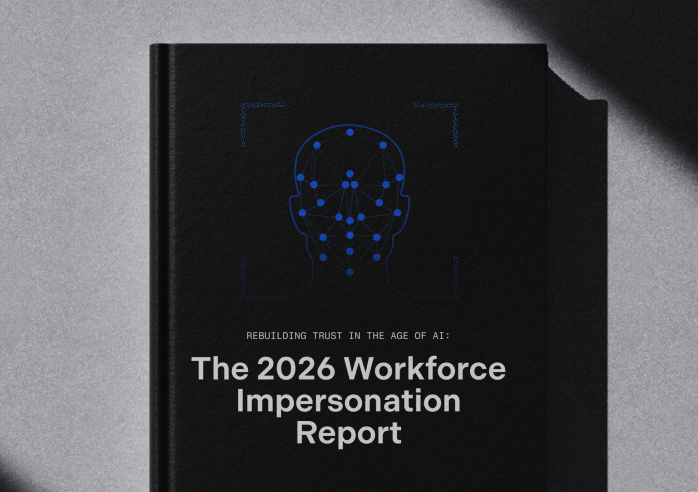First dates are scary for everyone. It’s natural to feel vulnerable when you’re meeting someone new, especially if you sense you are being judged. Sadly, however, it’s often these moments of vulnerability that fraudsters rely on to hook their target.
Recently, The New York Times shared a story about a woman who, while slowly falling for the person she matched with, casually sent the man 300k in crypto to “invest”. Unsurprisingly, it was not a fairytale ending.
“I thought I knew him,” she said. “Everything was a lie.” She lost her life savings, all through a little “harmless” dating app.
Fraudsters are eager to connect with anyone and everyone who might wear their heart a little too loosely on their sleeve. Dating apps, in all of their many forms and focuses, provide near endless possibilities for manipulating the person on the other side of the match. The interactions through dating apps are nuanced, personal, and rife for fraud.
“Verification” today is failing to make dates safe.
How do dating app companies know who is an authentic person (with their real name and photos) or who is hiding their identity to do something malicious? Verifying someone’s email or social media profile doesn’t tell you who really owns those accounts. Consider: when you’re boarding an airplane, they don’t ask for an email address, they ask to see your ID. It should be the same for every date.
Anyone who uses dating apps has their own ways of weeding out the scammers and bots: this picture is too pixelated, that person is too handsome, their profile is slightly off. Even so-called “verified” accounts have been used to take advantage of the everyday app user. All the way back in the summer of 2016, Tinder saw a scam running where a verified user would ask if the person they matched with was verified. They would then send a link through the app that led to a benign website which would collect their credit card details for “secure verification”. What was really happening was that the credit card information was being used to sign up for adult websites.
We’ve been conditioned to have an air of doubt when something seems out of place with a link or a website, but failure of imagination is not a struggle for those with bad intentions.
The Future of Safe First Dates
Every dating app should have its users “Sign in with ID” to prove they are the person who they claim online. Some sites or apps might want to differentiate by letting its users be anonymous, but that should become a niche category, not the standard.
At the end of the day, so much of dating is about safety. Knowing someone’s identity is such an important part of connecting with a new person, and it’s also where the most risk may lie. Dating app services need to go beyond simple email verification. If users are being scammed, put in physical danger, or are fearful about being deceived through other malicious means, the entire basis for dating and meeting people through an app begins to falter, becoming a forcing mechanism to have a more robust identity authentication process. If you’re constantly worried about your match’s authenticity, you’re going to have a hard time scrutinizing everyone you match with, and no one wants a suspicious date!
Date with ID is a New Standard for Safer Dating
Nametag provides dating apps with a novel Multi-Factor Identity technology that can verify the identity of a person every time they sign into their account. We believe that tying someone's identity to their account not only helps keep everyone safe, but gives users confidence in knowing that everyone is playing by the same set of rules.
Identity authentication that matches a face to a government ID is the safest way to interact online, and it solves many of the security and fraud problems bedevilling dating app companies. As much as people love photoshop and airbrushing their photos, our technology verifies that the photos on a profile are indeed the account owner, furthering the goal of authentically knowing someone’s identity.
Dating apps and sites that enable “Sign in with ID” using Multi-Factor Identity technology will help both parties to feel safe at a time when most people are at their most vulnerable. If you choose the right platform, you can breathe easier when you swipe right, knowing that the person that you’re talking to is really the person they say they are. How the date goes, however, is still up to you!



